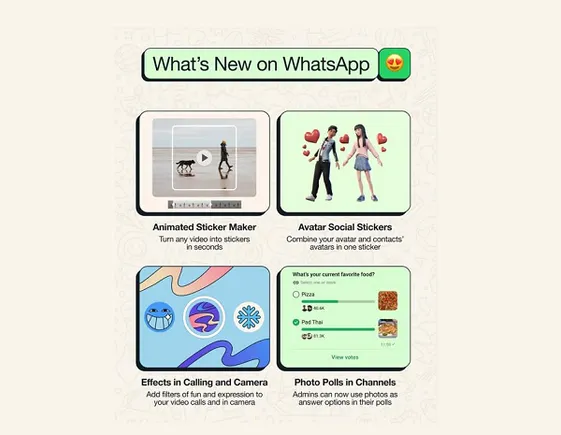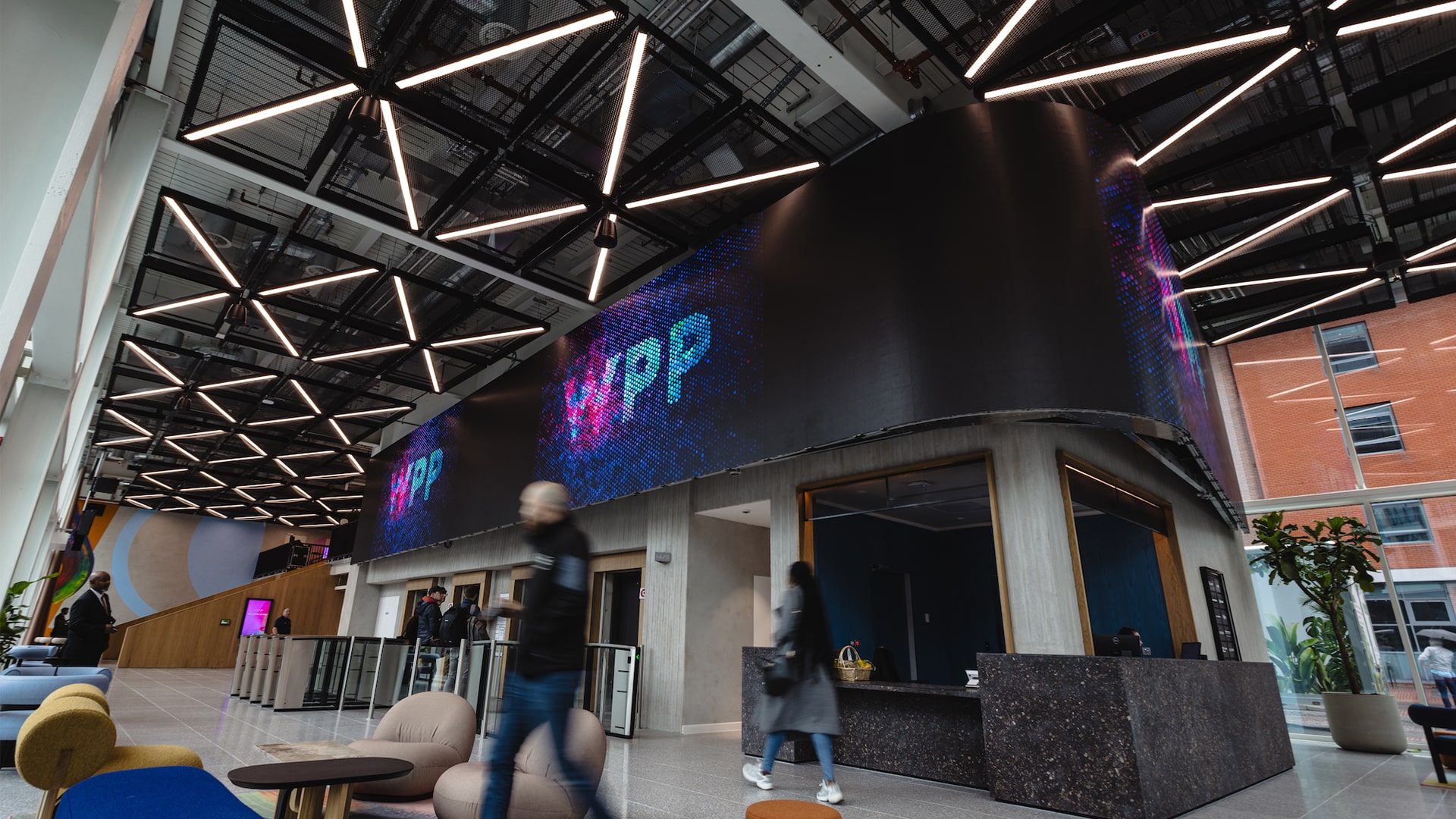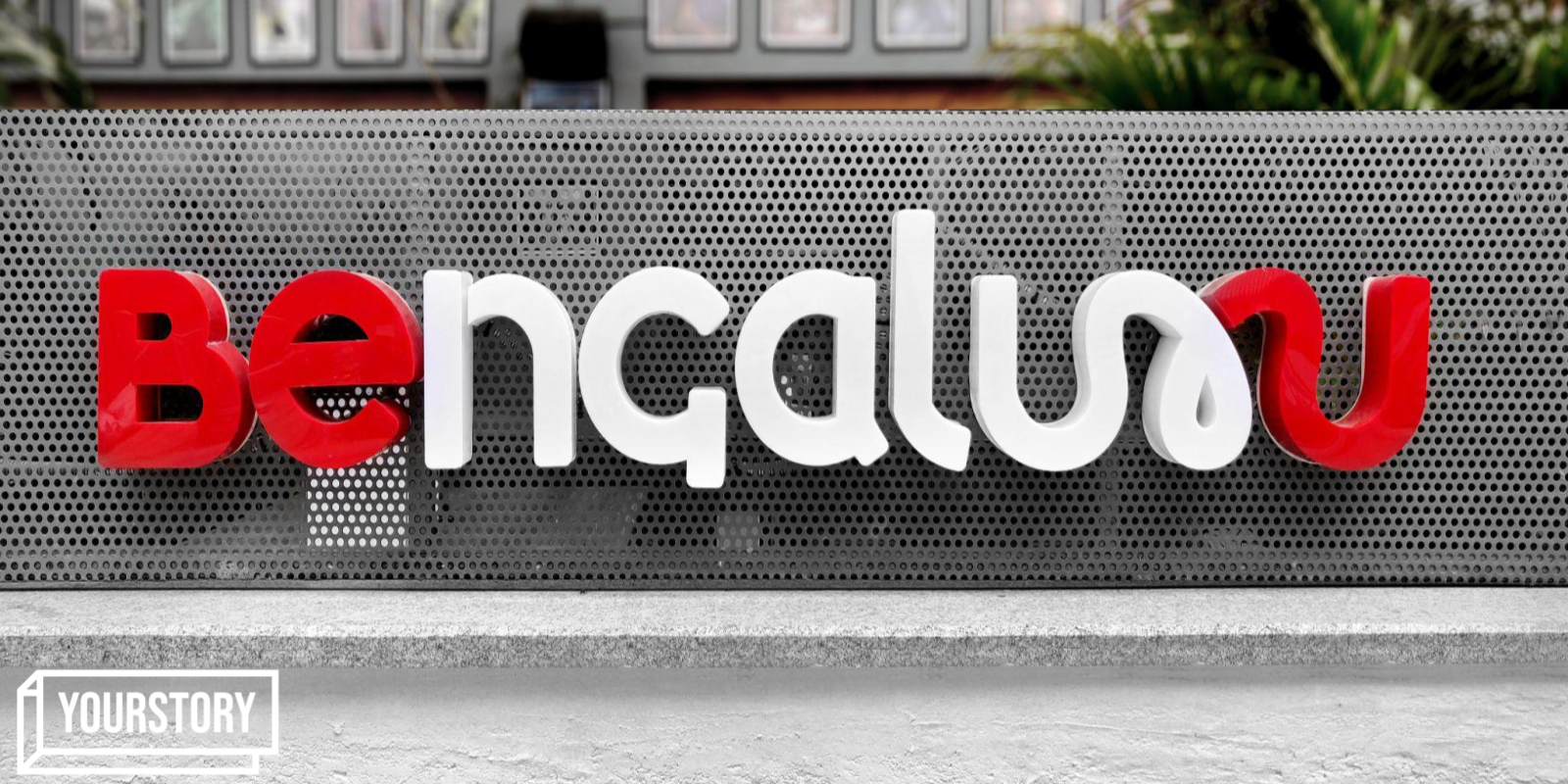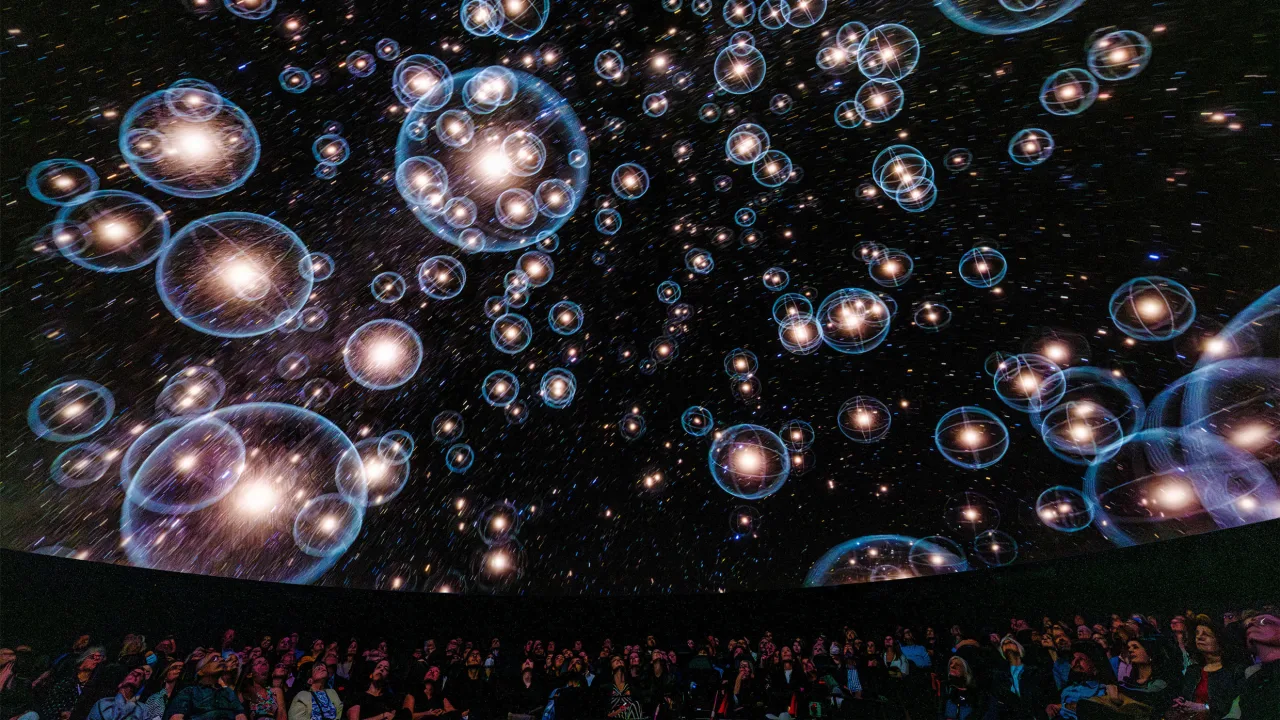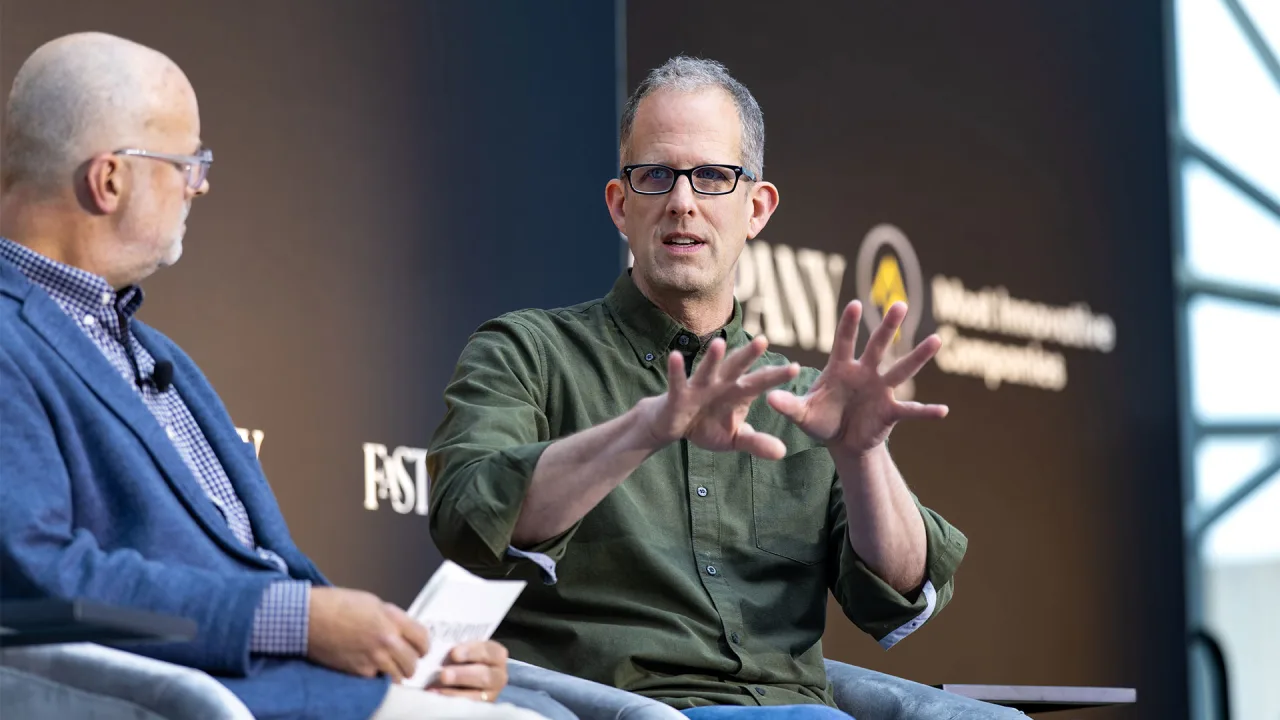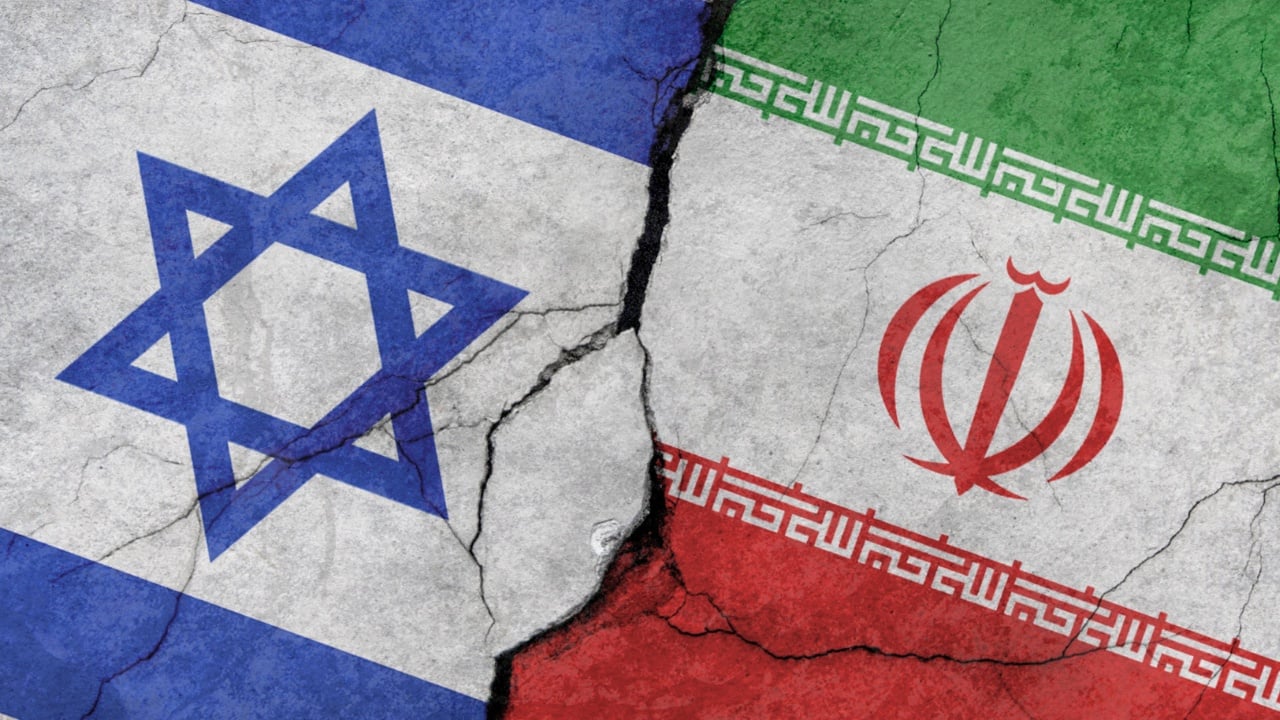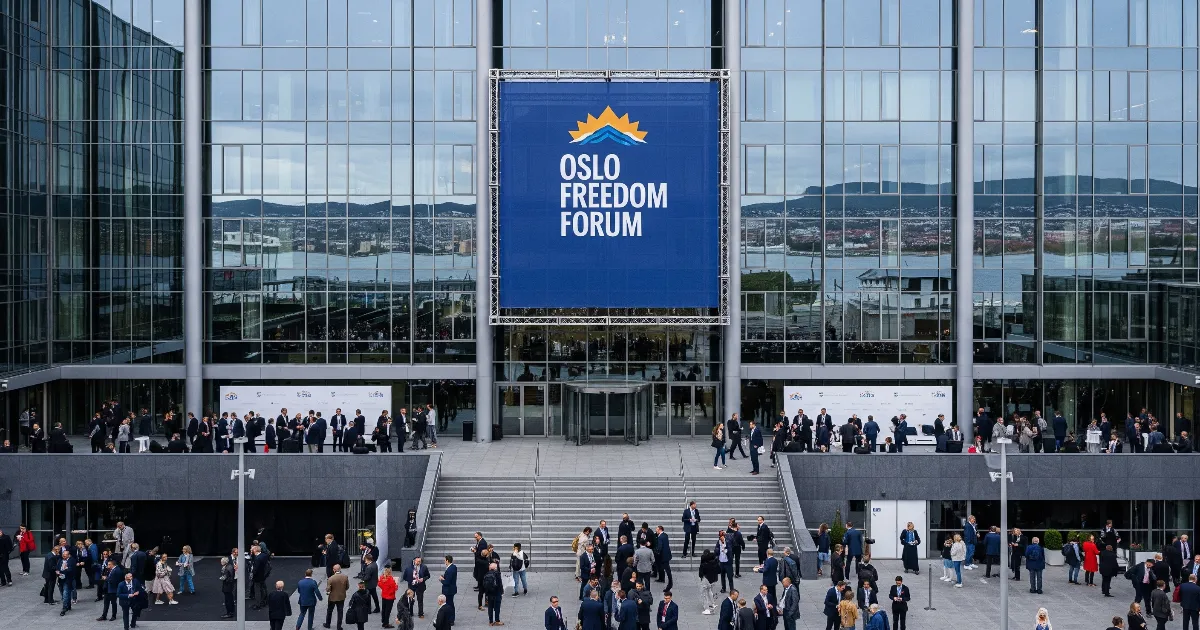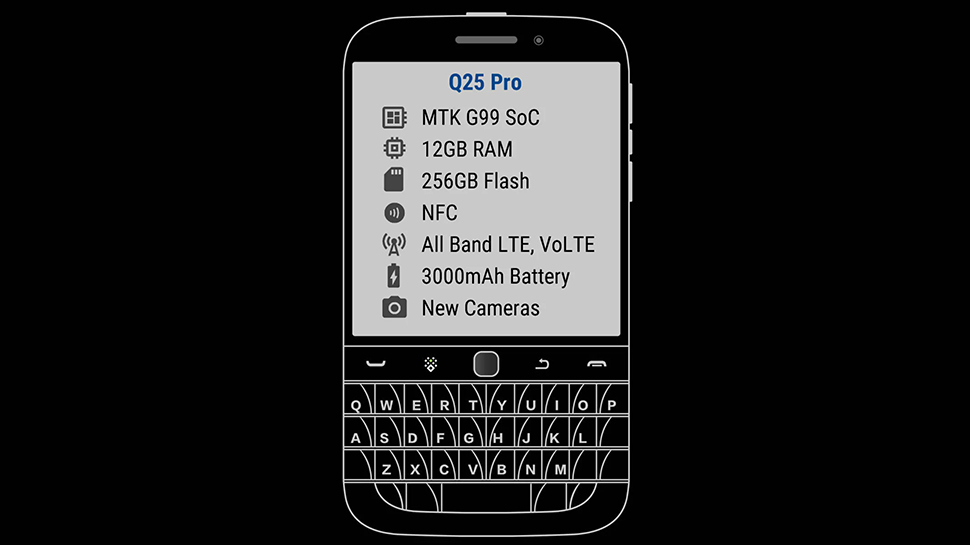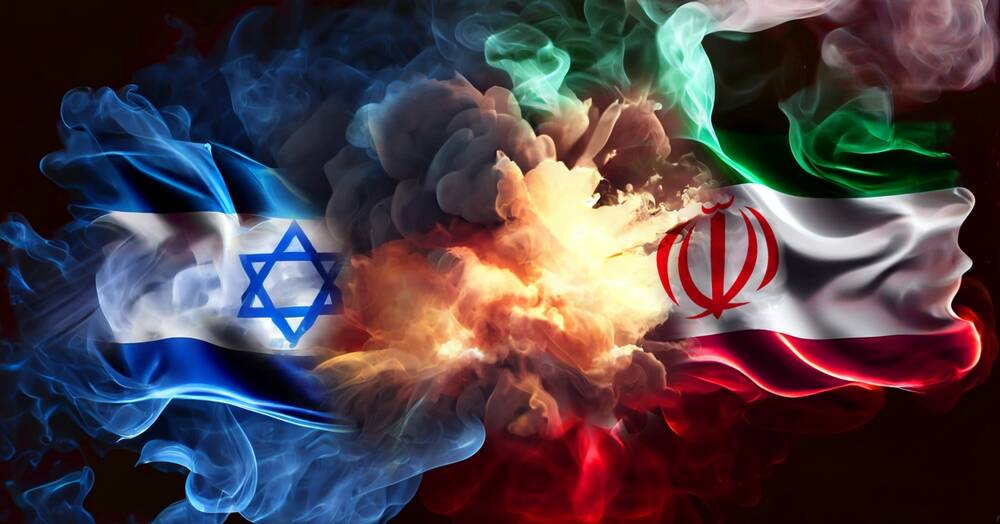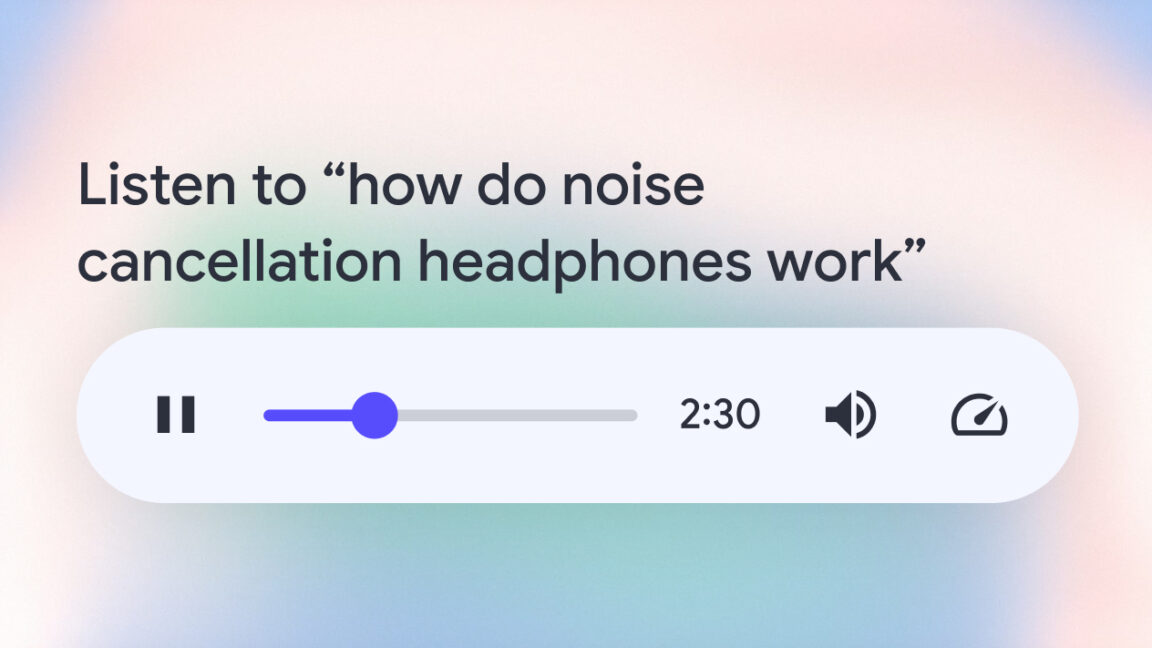Inside the Microsoft protests: Fired engineer on Palestine, Israel, AI, and big tech
A wave of protests has swept through Microsoft events in recent months, targeting the company’s cloud and AI contracts with the Israeli military. The campaign — organized by a group called No Azure for Apartheid — includes current and former Microsoft employees who want the company to end the contracts. They argue that Microsoft’s technologies are being used in ways that contribute to human rights abuses against Palestinians in Gaza. Demonstrations have taken place at major company gatherings, including the Microsoft Build developer conference and Microsoft’s internal 50th anniversary event. “The point is not to disrupt,” says Hossam Nasr, one… Read More


A wave of protests has swept through Microsoft events in recent months, targeting the company’s cloud and AI contracts with the Israeli military.
The campaign — organized by a group called No Azure for Apartheid — includes current and former Microsoft employees who want the company to end the contracts. They argue that Microsoft’s technologies are being used in ways that contribute to human rights abuses against Palestinians in Gaza.
Demonstrations have taken place at major company gatherings, including the Microsoft Build developer conference and Microsoft’s internal 50th anniversary event.
“The point is not to disrupt,” says Hossam Nasr, one of the organizers of the group, on a new episode of the GeekWire Podcast. “The point is, ultimately, to make it untenable to be complicit in the genocide.”
He added, “All of our protests will end tomorrow if Microsoft chooses the most basic moral decision that it can make, which is to simply end its contracts with the Israeli military.”
These statements — and other parts of our conversation — underscored the deep divide over these issues. A United Nations panel and the International Court of Justice have said there is a plausible case that Israel’s actions in Gaza could meet the legal definition of genocide. Israel categorically rejects that, saying it is waging a war of self-defense against Hamas.
In response to the broader concerns raised by protesters, Microsoft said in a May 15 statement that internal and external reviews had “found no evidence to date that Microsoft’s Azure and AI technologies have been used to target or harm people in the conflict in Gaza.”
Microsoft acknowledged it does not have full visibility into how customers operate their own servers or use third-party technologies. But the company says it has complied with its human rights commitments, and that its contracts with Israel’s Ministry of Defense are standard commercial agreements, governed by its terms of service and AI Code of Conduct.
As you can probably tell by now, this episode is unlike any we’ve done before. It touches on some of the most contentious and disputed issues in the industry, and in the world more broadly.
It started with my basic curiosity and desire to understand something that happened in March, at GeekWire’s independent Microsoft @ 50 event. I was on stage interviewing Microsoft Vice Chair and President Brad Smith when the conversation was interrupted by a protester.
After covering Microsoft’s statements and the group’s response — and seeing the continued protests unfold — I decided to dig deeper and learn more. I invited Hossam Nasr to join me on this podcast, for a conversation about the motivations behind the group, their views on Microsoft’s responsibilities, and how the tech industry intersects with international conflicts.
Nasr is a software engineer who was fired by Microsoft last year related to protests on the Microsoft campus, for what the company described as violations of its policies designed to prevent workplace disruption. Nasr was also the first person to stand up and interrupt the GeekWire event, during my interview with Brad Smith.
What followed was a complex and at times intense conversation — one that went beyond Microsoft’s role into broader political and ethical critiques of Israel’s actions in Gaza.
These are deeply polarizing issues, and we know there are strong, divergent opinions about them. I’ve added context conveying Microsoft’s responses, and noting areas where statements and characterizations about Israel, Palestine, and Gaza are the subject of dispute.
The conversation includes detailed descriptions of the ongoing conflict in Gaza and some historical comparisons that some listeners may find disturbing or offensive. And lastly, we recorded this conversation in late May, before the latest developments in the Middle East.
Listen above, or subscribe to GeekWire on Apple Podcasts, Spotify, or wherever you listen.
Related Links:
- Microsoft: Statement on the Issues Relating to Technology Services in Israel and Gaza
- Associated Press: As Israel uses US-made AI models in war, concerns arise about tech’s role in who lives and who dies
- AP: Microsoft fires employees who organized vigil for Palestinians killed in Gaza
- +972: Leaked documents expose deep ties between Israeli army and Microsoft
- The Verge: Microsoft blocks emails that contain ‘Palestine’ after employee protests
- Guardian: Microsoft deepened ties with Israeli military to provide tech support during Gaza war
Audio editing by Curt Milton.





![X Highlights Back-To-School Marketing Opportunities [Infographic]](https://imgproxy.divecdn.com/dM1TxaOzbLu_kb9YjLpd7P_E_B_FkFsuKp2uSGPS5i8/g:ce/rs:fit:770:435/Z3M6Ly9kaXZlc2l0ZS1zdG9yYWdlL2RpdmVpbWFnZS94X2JhY2tfdG9fc2Nob29sMi5wbmc=.webp)
